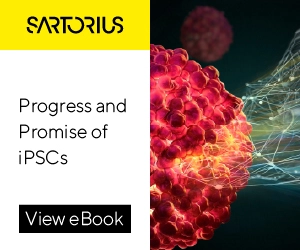A revolutionary breakthrough from a Harvard research team led by Professor Andrew Myers has ignited hope in the fight against superbugs—dangerous strains of drug-resistant bacteria that currently pose a significant threat to global health. Their new synthetic antibiotic, cresomycin, has demonstrated remarkable potential in dismantling the defenses of resilient pathogens like Staphylococcus aureus and Pseudomonas aeruginosa.
Cresomycin tackles a core weakness in these bacteria by effectively binding to their ribosomes, the molecular machines responsible for protein synthesis. Unlike previous antibiotics, which bacteria have learned to defend against, cresomycin clings to its target with a pre-organized grip, disrupting the protein synthesis machinery without expending much energy. This stronghold is achieved through a unique, rigid shape, making it nearly impervious to the defensive measures that bacteria have evolved over time.
This innovation was made possible by a process called component-based synthesis, pioneered by the Myers lab. In this technique, complex molecular segments are pre-built and then assembled like puzzle pieces at the final stage. This modular approach allowed the team to rapidly design and evaluate hundreds of potential molecules before identifying cresomycin as a frontrunner.
Supported by the Combating Antibiotic-Resistant Bacteria Biopharmaceutical Accelerator (CARB-X), a global nonprofit organization based at Boston University, and Harvard’s Blavatnik Biomedical Accelerator, this research has unlocked the potential to disrupt the defensive barriers of pathogenic bacteria. The Myers team’s synthetic molecule goes beyond traditional semisynthetic antibiotics like clindamycin by offering unparalleled precision in targeting bacterial ribosomes.
While the journey to human clinical trials remains ahead, the research already showcases promising results with cresomycin’s ability to inhibit an extensive array of pathogenic strains. This synthetic molecule could be a crucial step in addressing the million lives lost each year to drug-resistant infections. With additional profiling and optimization funded through CARB-X, the Harvard researchers are committed to refining their discovery to meet global health demands.
Curtis Keith, Chief Scientific Officer at the Blavatnik Biomedical Accelerator, emphasized the importance of financial and organizational support for pioneering initiatives like these: “These innovations from the Myers Research Group have the potential to yield new drugs that will one day meet a global health need.”
In the war against superbugs, the stakes could not be higher. As co-author and graduate student Kelvin Wu remarked, “Antibiotics form the foundation on which modern medicine is built. Without antibiotics, many cutting-edge medical procedures, like surgeries, cancer treatments, and organ transplants, cannot be done.”
The cresomycin discovery offers a glimmer of hope in the quest to outpace antibiotic resistance, providing a powerful tool that could redefine our approach to bacterial infections in the near future.
Read More: https://news.harvard.edu/gazette/story/2024/02/potential-new-weapon-in-battle-against-superbugs/







